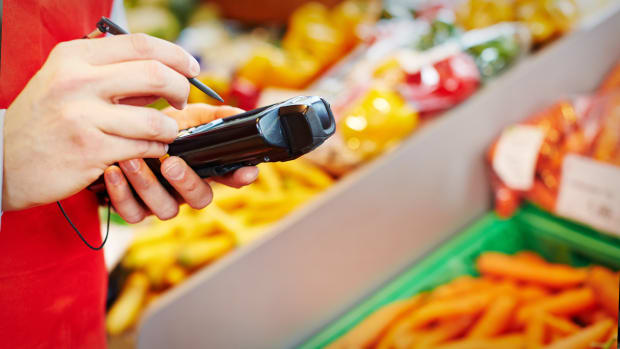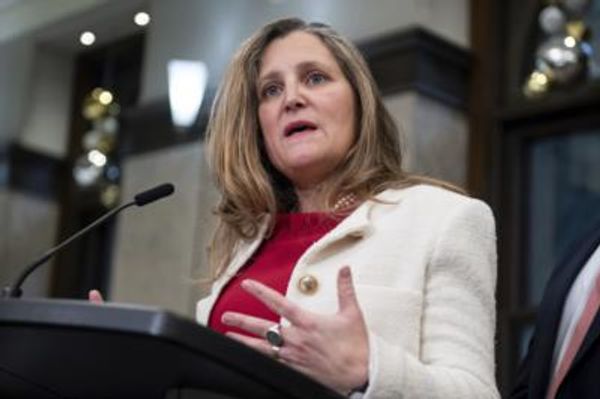
For nearly two years, the rising cost of food has been at the forefront of many people's biggest financial fears and thoughts.
While month-to-month growth has cooled somewhat from its summer 2022 peak, groceries still rose 10.2% between February 2022 and 2023. Eating out, meanwhile, is now 8.2% more expensive.
DON'T MISS: Alarming Number of People Are Using BNPL to Pay for Groceries
This, in turn, is causing many people to alter their food-shopping habits. One Harris Poll survey found that 90% of Americans were at least somewhat concerned by the rising cost of food while a respective 45% and 40% bought more generic brands or lessened the number of times they went out.

Shutterstock
Alabama Looks To Alter Its Tax Law Amid Rising Food Prices
In some states, lawmakers are looking at its tax code for ideas on how to fight the rising cost of food. Throughout April, residents have been gathering outside the Alabama State House asking to repeal the 4% food tax — the state is currently one of 13 states that taxes basic grocery items and one of three where food is taxed at the same rate as other purchases.
Politicians have largely been heeding the calls to rework the food tax as both Republicans and Democrats are currently working on proposals that would end the food sales tax to vote on before the legislative session ends in June.
"We can all agree on this: that the tax on groceries is just plain, wrong an unfair," Merika Coleman, a Democrat and the Vice-Minority Leader of the Alabama House of Representatives, told the Associated Press.
Efforts to remove the grocery tax in Alabama have been attempted by some politicians since at least 1990s but have never taken off due to what critics point out would be a major blow to the state's education budget.
At the moment, the funds raised from the tax gathered from food sales provide over $600 million to Alabama schools. The proposal led by Coleman would replace that money by cutting a tax deduction on federal income payments that can presently significantly lower the tax bracket for higher earners.
Here's How People Are Reacting To Rising Food Costs
While there have always been criticisms of the deduction as a loophole that prioritizes the wealthy, Coleman's initiative is finally starting to gather support among locals as the price of food rises.
"Our families are hurting," Robyn Hyden, who leads the action group Alabama Arise, told reporters at a rally outside the statehouse. "We can't afford to pay 4% on top of already expensive food."
A similar food tax also exists in states like South Dakota and Mississippi but is yet to spur the same kind of widespread mobilization — in Tennessee, Gov. Bill Lee has pushed to propose "tax holidays" in which shoppers would be spared the tax for certain periods of the year.
But even as certain initiatives take off, the rising cost of food is still significantly straining many lower- and mid-income families.
Numbers from the Department of Agriculture show that food prices rose 11.4% for all of 2022. Certain basic items, such as eggs and margarine, saw what at some points in the year were triple-digit increase.
As a result, the number of people experiencing food insecurity in the U.S. also rose sharply from 20 to 24.6%.







